In the vast panorama of cinema, certain films stand as towering landmarks, shaping not just the landscape of filmmaking but also the broader contours of culture and history. For cinephiles and movie enthusiasts alike, delving into these iconic films is more than a leisure activity—it's a profound journey through the artistry and storytelling that have defined generations. In this exploration of classic cinema, we'll unearth the essential movies every cinephile must watch, with an eye towards understanding why these films remain timeless and how they continue to influence modern cinema.
Classic films, often dubbed as the best old movies, have a unique charm that transcends time and technological advancements in filmmaking. These films are considered film history essentials for various reasons—they introduced groundbreaking techniques, explored new narrative styles, or captured the essence of an era in a way that still resonates today. The top classic movies not only entertain but also educate, providing insights into the social, political, and cultural contexts of their times.
Every cinephile’s journey into classic films should include a diverse range of genres and eras, from the silent expressionism of German cinema to the bold and gritty noir of 1940s America. Here are some influential classic films that are a must-watch for any serious film enthusiast:
"Citizen Kane" (1941) - Directed by Orson Welles, this film’s innovative narrative structure and cinematography have made it a perennial fixture in discussions of the greatest films ever made.
"Casablanca" (1942) - This wartime romance is a masterclass in acting and mood, featuring iconic performances by Humphrey Bogart and Ingrid Bergman.
The Impact of Film History on Contemporary Issues
Interestingly, the lessons gleaned from classic films are not just historical footnotes but have real-world applications and relevance today. For instance, amidst recent headlines like "US colleges cutting majors, making students scramble" ([source needed]), films like "The Paper Chase" (1973) underscore the perennial struggles and transformations within educational institutions.
Moreover, economic narratives such as "Sold Nvidia — But Only Half" ([source needed]) find their echoes in classics like "Wall Street" (1987), where the allure and dangers of financial maneuvering are vividly portrayed. Such parallels remind us that the themes explored in classic cinema are not isolated to the past; they evolve but essentially touch upon core human experiences and dilemmas.
While some may view classic films as relics of a bygone era, their influence is palpable in contemporary cinema. Directors like Quentin Tarantino, Martin Scorsese, and others frequently homage these timeless movies in their works. Furthermore, digital platforms and enhancements like those seen in the recent update to Google Meet ([source needed]), allow for better access and viewing experiences of these iconic films, ensuring they continue to be enjoyed by audiences worldwide.
Understanding classic cinema is indispensable for anyone serious about film studies. Websites like Criterion Collection offer extensive libraries of restored classic films along with scholarly essays that dissect each film’s significance. Similarly, educational courses that explore film history essentials provide cinephiles with analytical tools necessary to appreciate what makes these movies landmark achievements.
Conclusion: Why Classic Films Matter
As we navigate through contemporary challenges—be it changes in technology or educational reforms—the lessons from classic films remain relevant. These films offer more than just entertainment; they are a conduit for understanding human nature, societal shifts, and the perennial struggles that define us.
By revisiting these essential movies, cinephiles not only pay homage to film history but also gain insights that are increasingly significant in today's fast-paced world. Whether it’s the strategic intricacies highlighted in "Chess Fever" (1925) amidst articles discussing strategic games or the psychological depth explored in "Vertigo" (1958), classic cinema continues to enrich our understanding and appreciation of both art and life.
As we conclude this cinematic voyage through time, let us remember that these must-see classic cinema pieces are not just relics to be admired from afar but are vibrant, living pieces of art that continue to influence and inspire. They remind us of where we have come from and where we are capable of going.
For every film lover looking to deepen their understanding of cinema and its impacts on broader cultural narratives, embracing these influential classic films is not just a pastime—it's an essential part of your cinematic education.


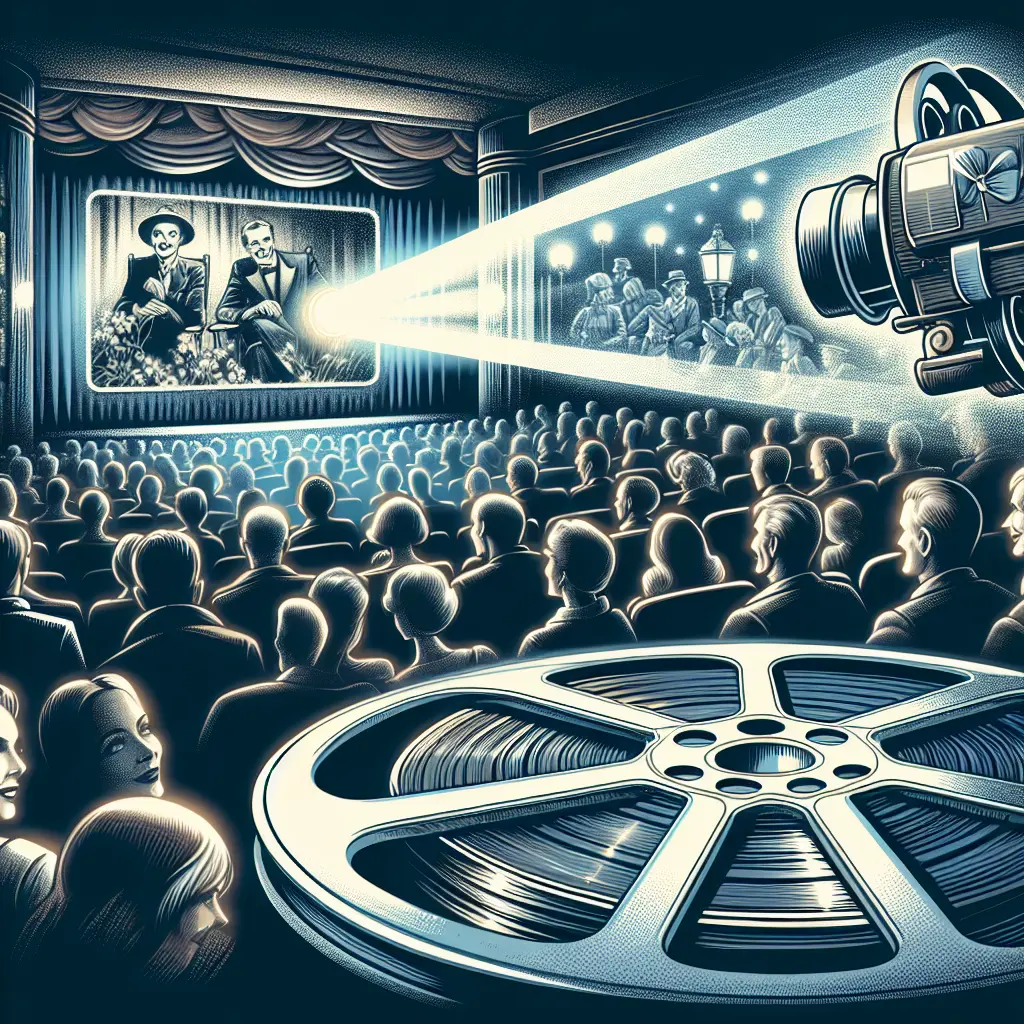

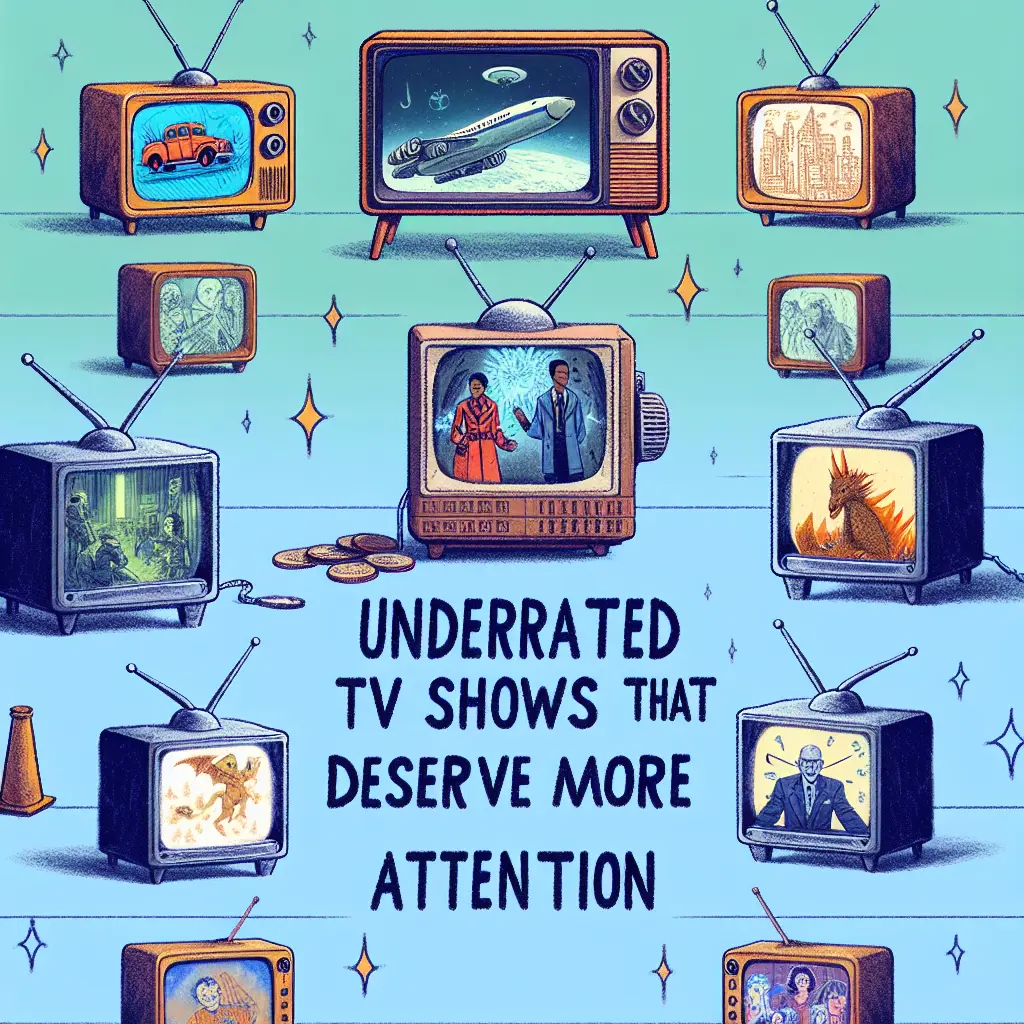
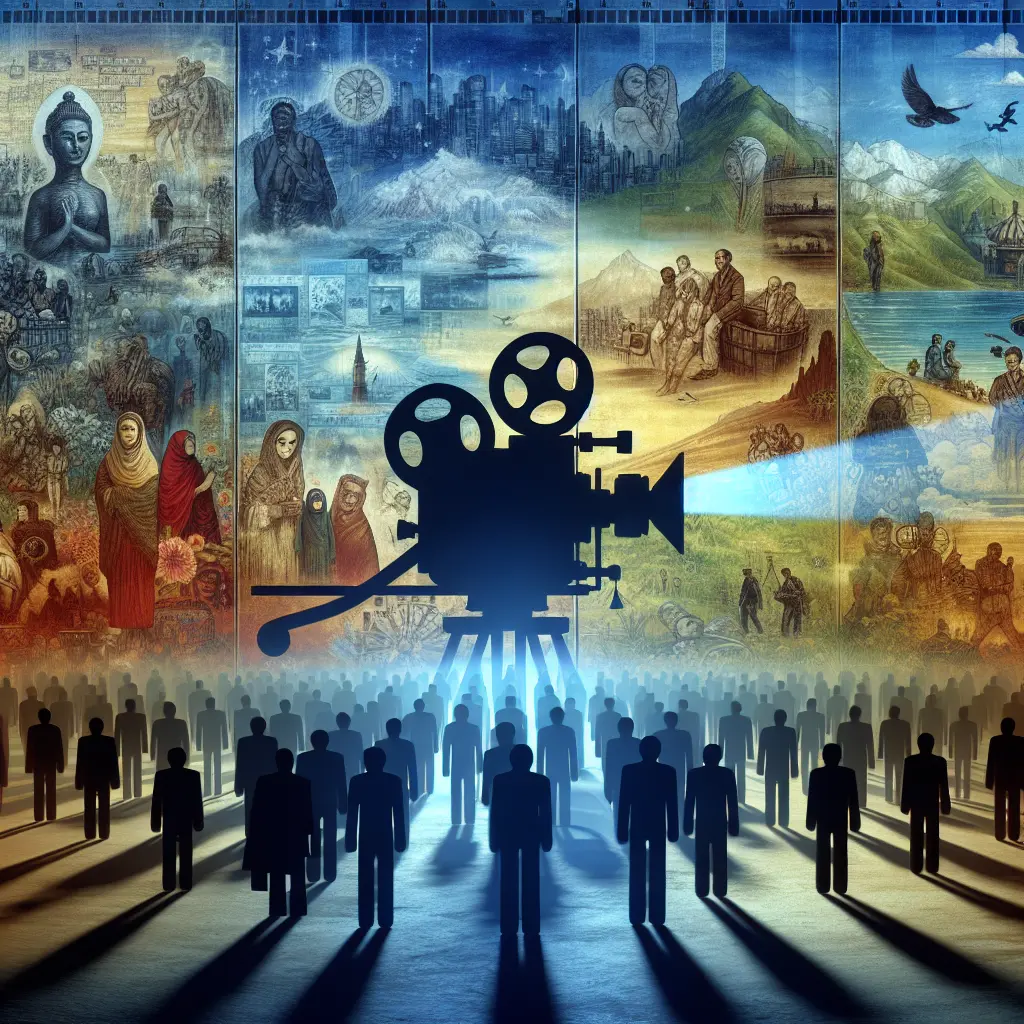

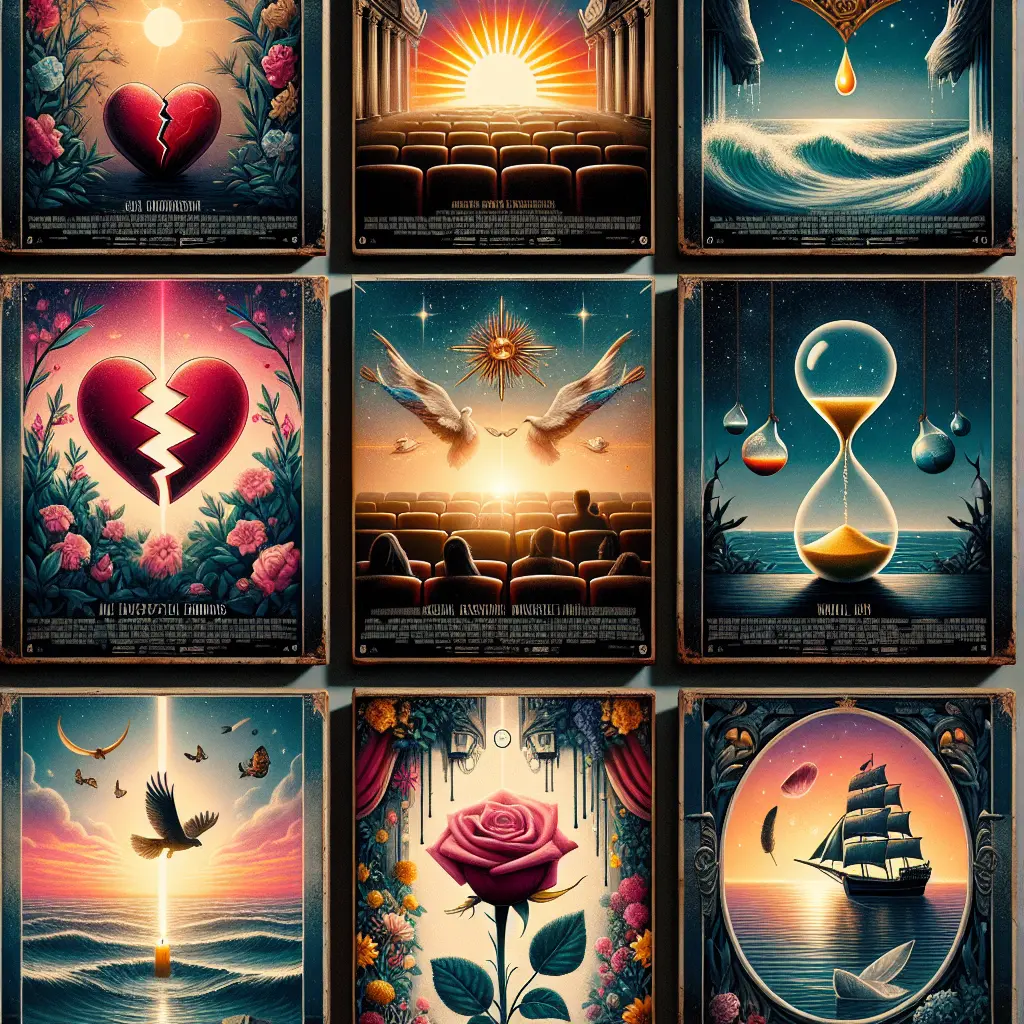
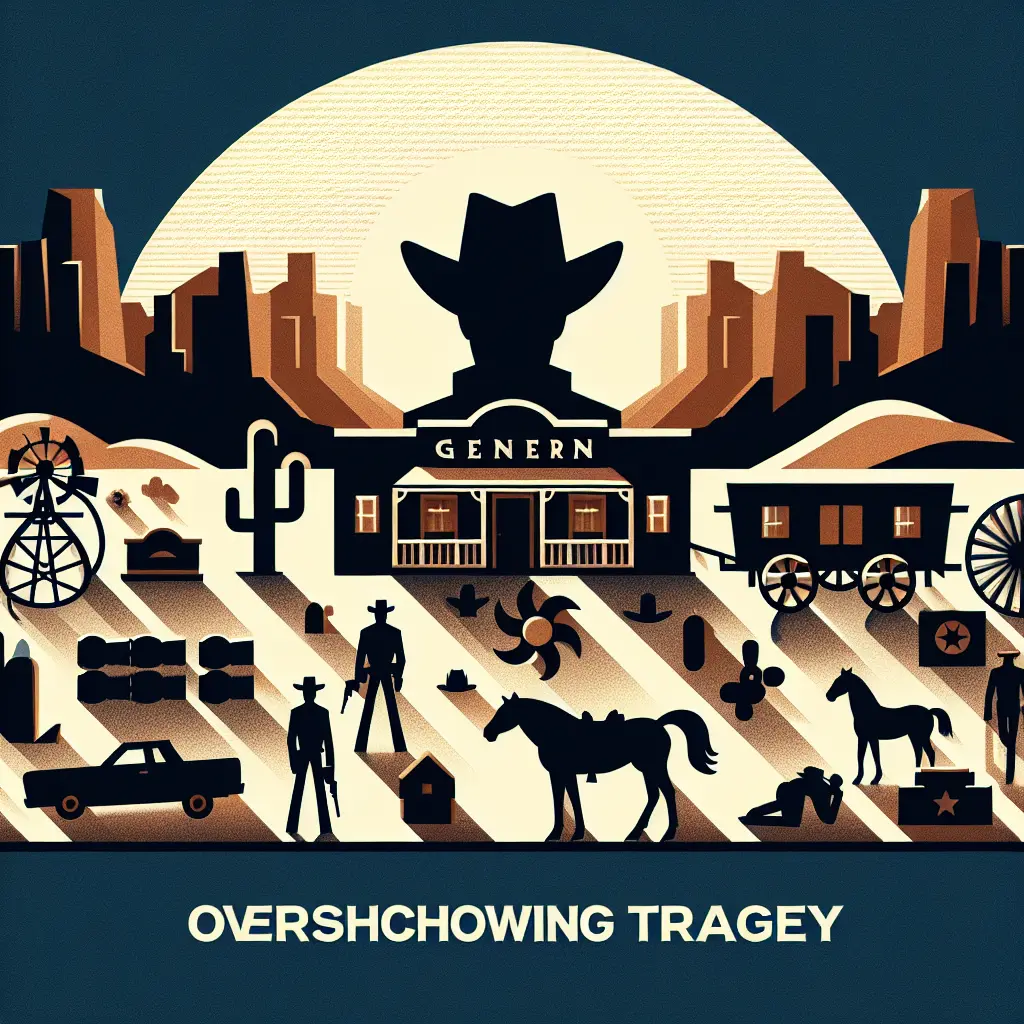

Leave a Comment